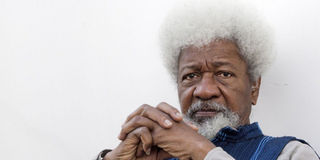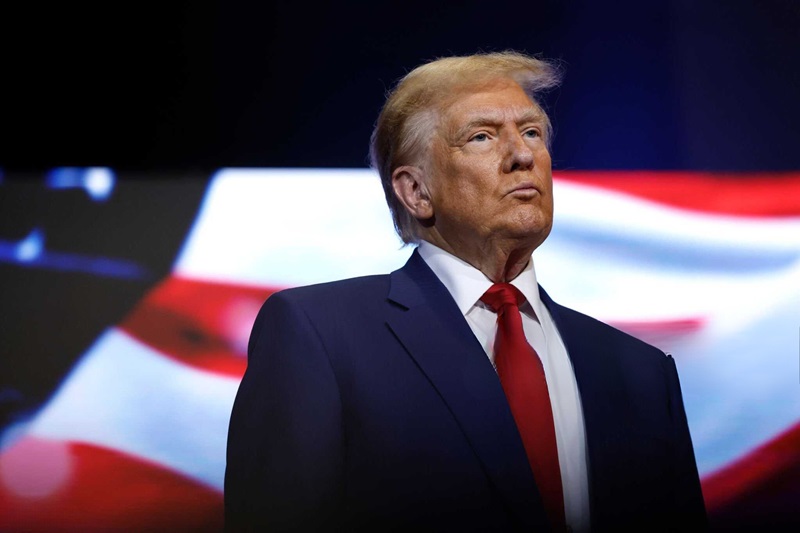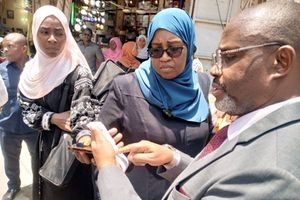Wole Soyinka tells Tanzania audience why nations secede

Prof Wole Soyinka
Dar es Salaam. Prof Wole Soyinka, one of Africa’s venerated dramatists, hinted here yesterday the reasons for an upsurge in the demand for the need to create separate nations in different parts of the world, saying it is futile to stress ‘unity’ while ignoring some critical issues that affect people’s daily lives.
Soyinka - who, in 1967, was arrested and held as a political prisoner for 22 months until 1969, accused of conspiring with the Biafra rebels by appealing in an article for a cease-fire - said a lot of attention is nowadays given to keeping nations intact than dealing with the issues that make people’s lives miserable.
He was giving a keynote speech at the Third Biennial African Philosophy World Conference which from yesterday to October 30, will be taking place at the University of Dar es Salaam (UDSM) under the theme of ‘Building Africa’s Future on African Philosophy.’ The conference was organised by UDSM’s Department of Philosophy & Religious Studies, College of Humanities.
Philosophers, humanities scholars and scientists across the disciplines will be sharing critical insights and philosophical perspectives about their researches in the larger picture of Africans’ and the world’s future policies and practices.
“I am not opposed to unity per se, I only suggest that this unity should not come at the expense of other important issues [whose ignorance will make the people opposed to unity itself],” said the 1986-winner of the Nobel Prize in Literature, the first African to win that prize.
Prof Soyinka - who has published 20 works including drama, novels and poetry - gave various examples across the world where people are rising and protesting the idea of “unity” which they are convinced have made their lives worse off and seek to form a separate state.
“The UK government ran a huge campaign to convince its citizens to vote ‘Remain’ in the Brexit referendum but the people rejected that campaign and voted ‘Leave,’ noted Prof Soyinka.
“This is also the case in Spain where Catalonians demand freedom from Spain so does Scotland where people want to secede from the United Kingdom.”
Yesterday’s recollections at the conference were inconsistent with what the literary guru and political activist has always been stressing on the issues of secessions and the breakup of various unifications in Africa and elsewhere.
In his memoir, You Must Set Forth at Dawn, Prof Soyinka writes that though unquestionably the discovery of oil in the East region of Nigeria, his home country, especially in the Niger estuary, played a role in the impetus of the Biafran leaders toward secession, “it would be a distortion of history and an attempt to trivialize the trauma that the Igbo had undergone to suggest that it was the lure of the oil wealth that drove them to seek a separate state.”
Prof Soyinka wrote that “when a people have been subjected to a degree of inhuman violation for which there is no other word but genocide, they have the right to seek an identity apart from their aggressors.”
According to him, these explain why people in various parts of the world seek to secede from their united country because the citizens feel they are unfairly treated and thus it is important to have a separate state that will serve their interests.



